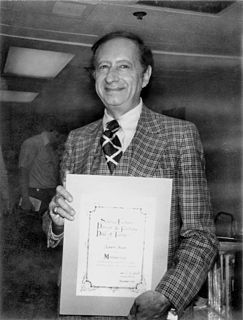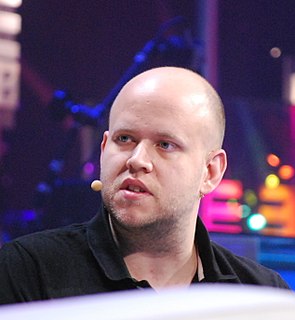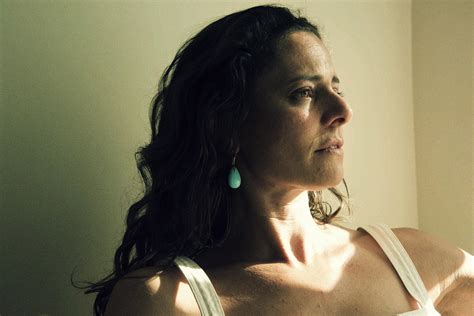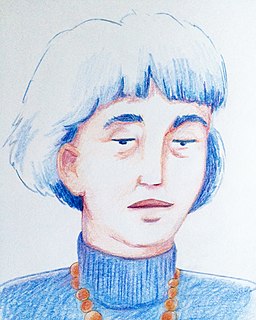A Quote by Robert Bloch
So I had this problem -- work or starve. So I thought I'd combine the two and decided to become a writer.
Related Quotes
It was only after two years' work that it occurred to me that I was a writer. I had no particular expectation that the novel would ever be published, because it was sort of a mess. It was only when I found myself writing things I didn't realise I knew that I said, 'I'm a writer now.' The novel had become an incentive to deeper thinking. That's really what writing is—an intense form of thought.
I've had five grandparents who have had Alzheimer's. I've been involved in raising money for two decades, so I thought, how could I combine my work with this commitment to helping dementia? One of the myths is that it's an older person's disease. We're seeing early onset dementia among people at 45. It's the disease of everybody.
I remember wanting to write a book with someone, the someone being Kate [DiCamillo], and we decided to write about two friends. We had no idea how to begin this project - neither of us had ever collaborated with another writer - and I'm pretty sure that we began by giving our two friends a sock, just to see what they'd do with it. And it went from there.
As one woman told me, "When I decided to come in to work happy, everybody around me became happy." This woman had decided to quit a job she hated, and on the last day of her two weeks' notice, she woke up happy. At the end of the day, she noticed that everybody around her was happy, too- so she didn't quit after all. She decided to come to work happy instead. Two years later, she's still on the job, radiating happiness and love.
You know how it always is, every new idea, it takes a generation or two until it becomes obvious that there's no real problem. It has not yet become obvious to me that there's no real problem. I cannot define the real problem, therefore I suspect there's no real problem, but I'm not sure there's no real problem.
When I work there are two distinct phases: the phase of pushing the work along, getting something to happen, where all the input comes from me, and phase two, where things start to combine in a way that wasn't expected or predicted by what I supplied. Once phase two begins everything is okay, because then the work starts to dictate its own terms. It starts to get an identity which demands certain future moves. But during the first phase you often find that you come to a full stop.





































